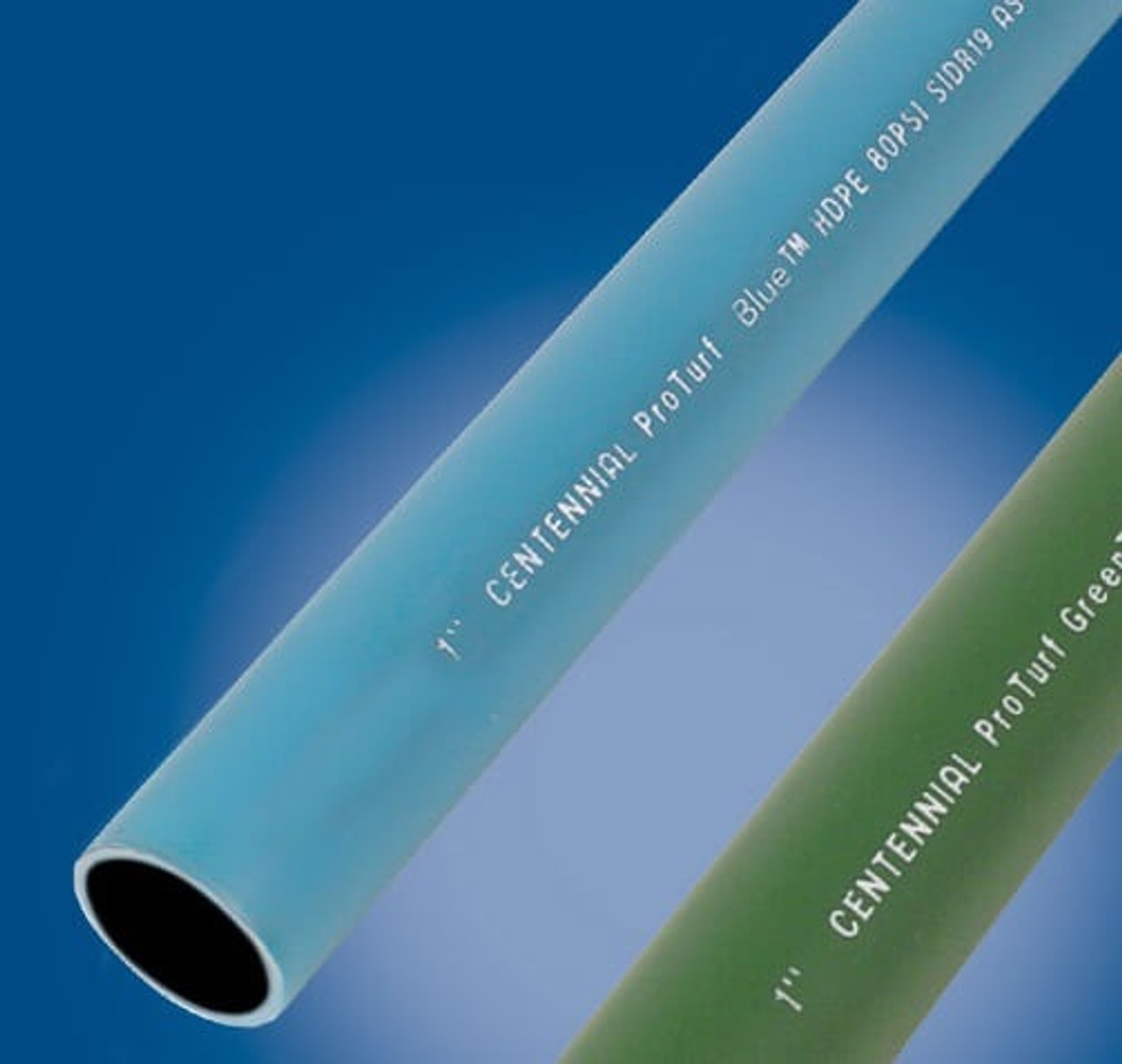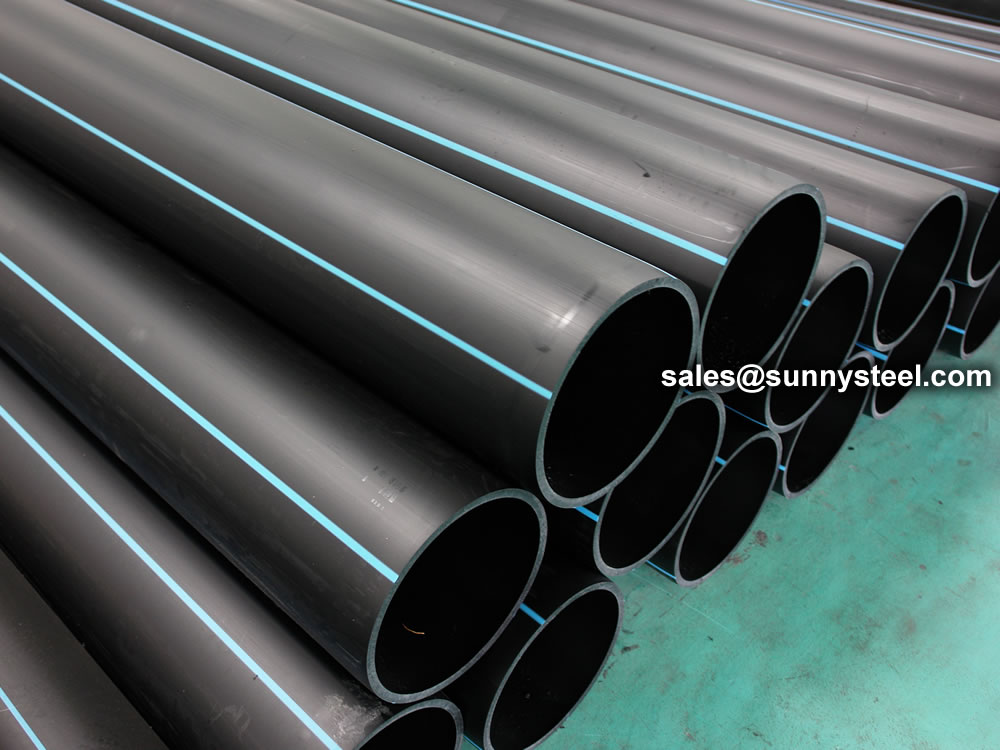Understanding the Secret Conveniences of HDPE Pipeline for Water and Wastewater Management
Using HDPE pipe in water and wastewater administration offers various advantages that merit consideration. Its extraordinary resilience and lengthy lifespan make it a recommended choice for lots of jobs. Furthermore, the product's resistance to corrosion and chemical damage improves its integrity in different environments. The advantages prolong beyond simply durability and resistance. Pipe Manufacturing Midland TX. Discovering its cost-effectiveness and environmental influence exposes much more engaging reasons for its prevalent fostering in contemporary infrastructure
Phenomenal Sturdiness and Durability

HDPE pipeline sticks out for its phenomenal longevity and durability, making it a favored option in water monitoring systems. Built from high-density polyethylene, these pipelines can hold up against considerable stress and stress and anxiety, ensuring trusted efficiency with time. Their durable nature allows them to sustain severe ecological problems, consisting of temperature level fluctuations and soil movements, which can create various other materials to fail.
The lifespan of HDPE pipes often exceeds 50 years, offering a cost-effective service for communities and sectors alike. Additionally, the material's light-weight buildings simplify setup, minimizing labor prices and timeframes. This sturdiness lessens the requirement for regular repair work or substitutes, better boosting its financial allure.
In water monitoring applications, the reliability of HDPE pipes indicates fewer interruptions and enhanced solution connection, making them indispensable to lasting infrastructure development. The mix of durability and longevity strengthens HDPE's duty as a keystone in reliable water monitoring solutions.

Resistance to Corrosion and Chemical Damages
While several materials give in to deterioration and chemical damage with time, HDPE pipes exhibit impressive resistance, making them suitable for various water monitoring applications. This resilience originates from the molecular structure of high-density polyethylene, which is naturally non-reactive and does not rust like metals or weaken from exposure to severe chemicals. As a result, HDPE is highly efficient in atmospheres with hostile materials, such as wastewater systems that might have acids, bases, and organic solvents.
Furthermore, HDPE pipes can endure ecological elements such as soil acidity and saline problems, even more improving their suitability for varied applications (Pipe Manufacturing Midland TX). Their capacity to preserve architectural integrity over time minimizes the risk of leaks and failures, which is crucial in making sure the safety and security and reliability of water distribution and wastewater monitoring systems. As a result, the resistance to corrosion and chemical damage noticeably contributes to the overall performance and longevity of HDPE piping remedies
Cost-Effectiveness and Economic Advantages
When taking into consideration the economic effects of water monitoring systems, the cost-effectiveness of HDPE pipes becomes evident. These pipes offer lower setup and maintenance expenses toilet flange for cast iron pipe compared to typical materials like metal or concrete. Their lightweight nature simplifies transport and setup, leading to lowered labor expenditures. Additionally, HDPE pipes exhibit a long life-span, frequently surpassing half a century, which equates to less substitutes and lasting financial savings.
The resistance of HDPE to deterioration and chemical damages lessens the requirement for expensive repair services and replacements. The pipes additionally support reliable water circulation, reducing energy prices related to pumping systems. By mitigating leaks and water loss, HDPE pipelines contribute to considerable financial advantages for towns and sectors alike. In general, the first investment in HDPE piping can produce significant financial returns over the life expectancy of the water monitoring system, making it a sensible choice for lasting framework development.
Environmental Sustainability and Minimized Influence

Convenience and Adaptability in Installation
As a result of their special homes, HDPE pipelines offer exceptional flexibility and versatility in installation, making them appropriate for a wide variety of applications. Their lightweight nature permits for much easier handling and transport, decreasing labor expenses and installment time. HDPE pipelines can be curved and formed to fit different terrains and job requirements, which is particularly valuable in testing atmospheres.
Additionally, their resistance to corrosion and chemical damage allows for setup in varied setups without the need for specialized safety finishes. The capability to fuse joints develops a continuous, leak-free system, boosting the overall honesty and reliability of the installment. HDPE's flexibility likewise accommodates ground motion, decreasing the threat of damage in locations vulnerable to shifting dirt. In general, these characteristics make HDPE pipelines not only functional yet also a recommended choice for water and wastewater administration systems.
Regularly Asked Concerns
Just How Does HDPE Pipe Contrast to PVC in Water Management Applications?
HDPE pipeline offers premium flexibility, resistance to corrosion, and resilience contrasted to PVC. Its lighter weight facilitates less complicated setup, while its long life expectancy decreases substitute costs, making HDPE a favored selection in water management applications.
What Is the Life Expectancy of HDPE Pipeline Under Typical Conditions?
Under regular problems, HDPE pipes can have a life expectancy varying from 50 to 100 years. Their sturdiness and resistance to deterioration contribute to their long-lasting efficiency in different applications, making them a dependable choice for infrastructure.
Are HDPE Pipeline Recyclable After Their Service Life?
Yes, HDPE pipes are recyclable after their life span. Texas hdpe pipe manufacturer. They can be refined and repurposed right into new products, greatly lowering ecological effect and promoting sustainability within the sector, making them an eco-friendly selection for piping remedies
What Is the Installment Process for HDPE Pipes?
The installment procedure for inch pex underground water line HDPE pipes entails website prep work, trenching, pipe blend or mechanical signing up with, backfilling, and pressure testing. Correct techniques assure a durable and efficient system for carrying water and wastewater properly.
Can HDPE Piping Be Used for Both Safe And Clean and Non-Potable Water Solutions?
Yes, HDPE pipelines can be made use of for both safe and clean and non-potable water supply. Their adaptability, durability, and resistance to corrosion make them ideal for various applications, making certain risk-free and reliable transport of water in various contexts.